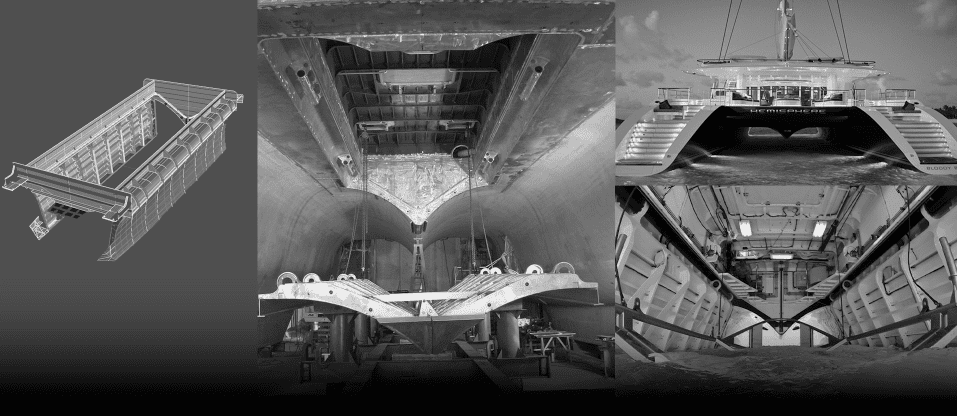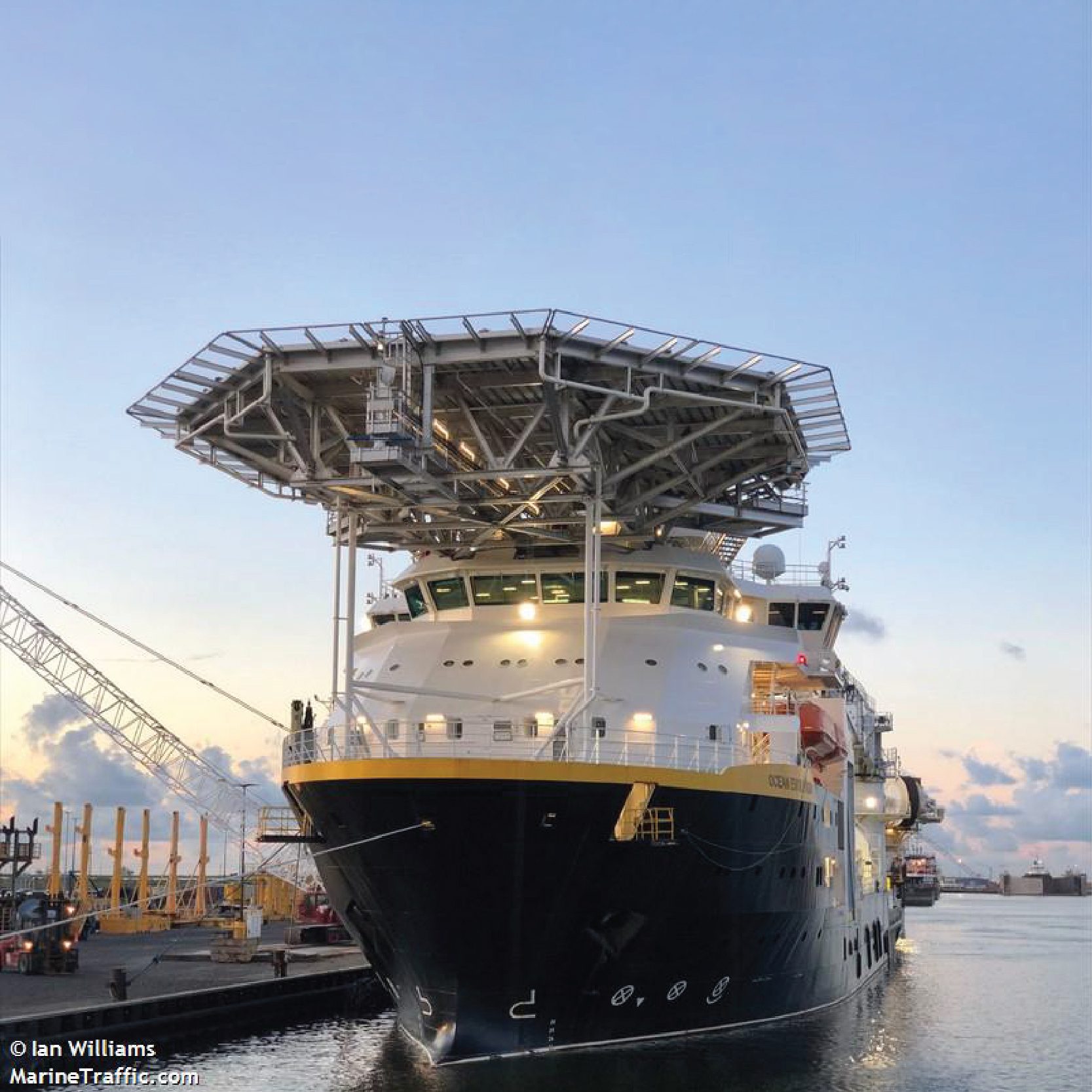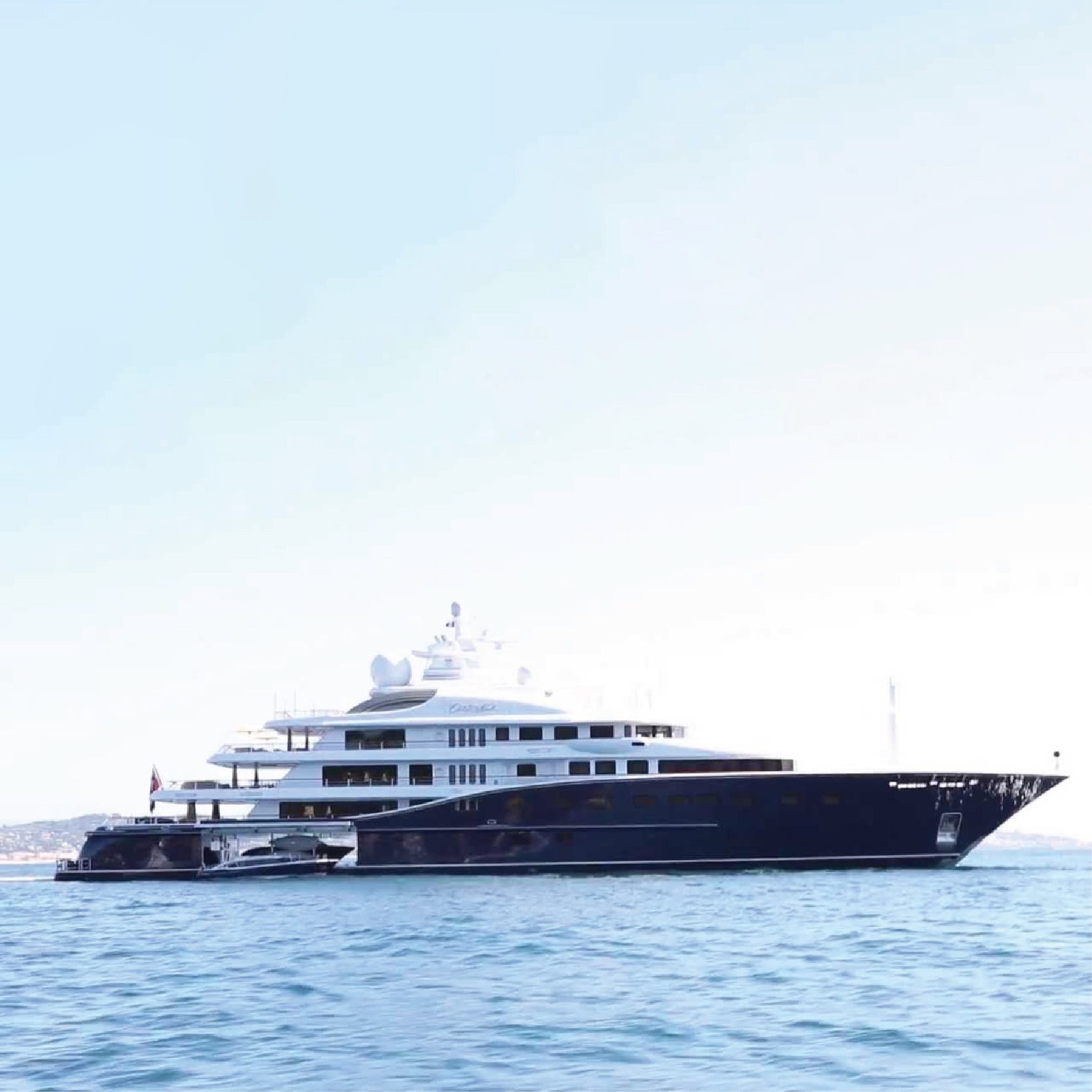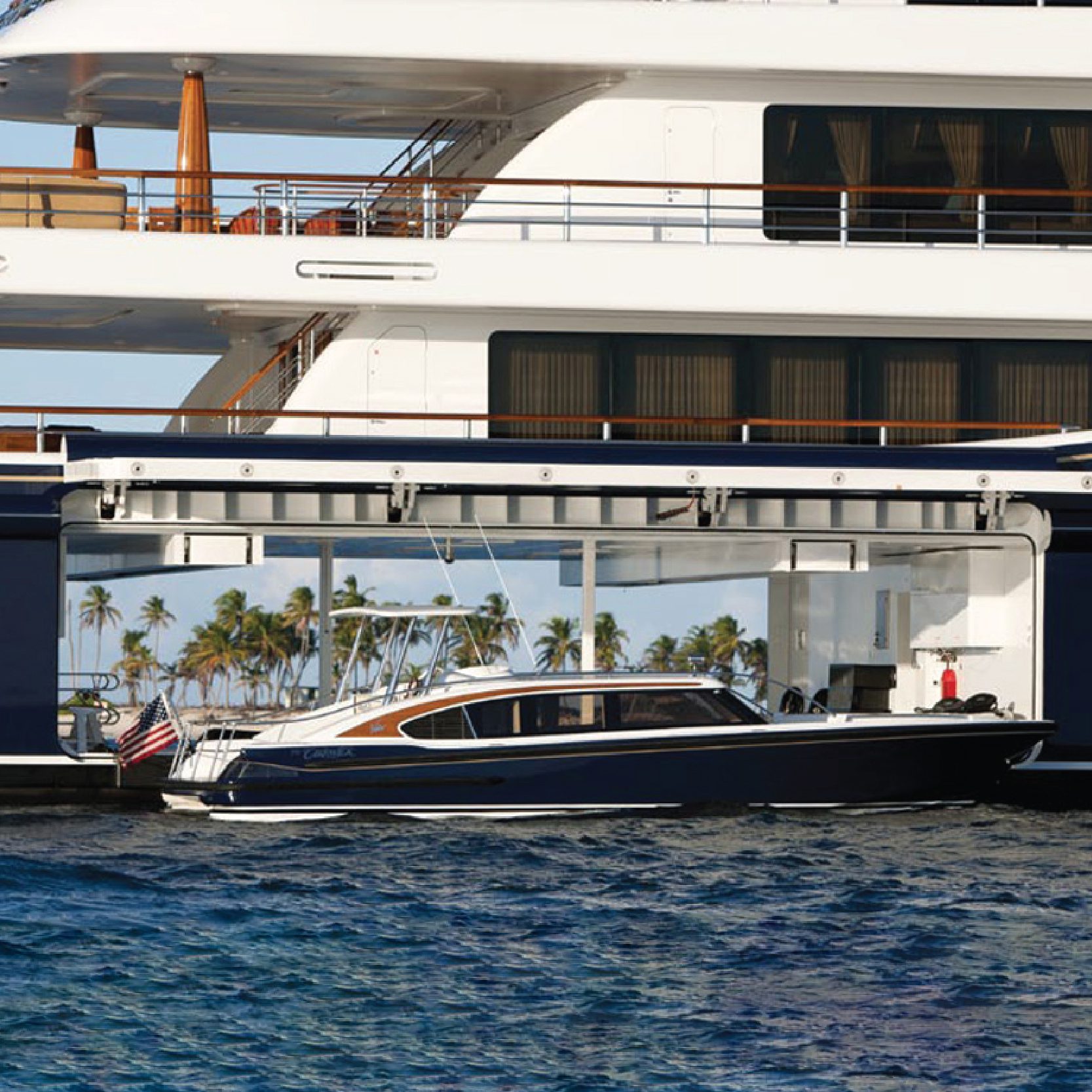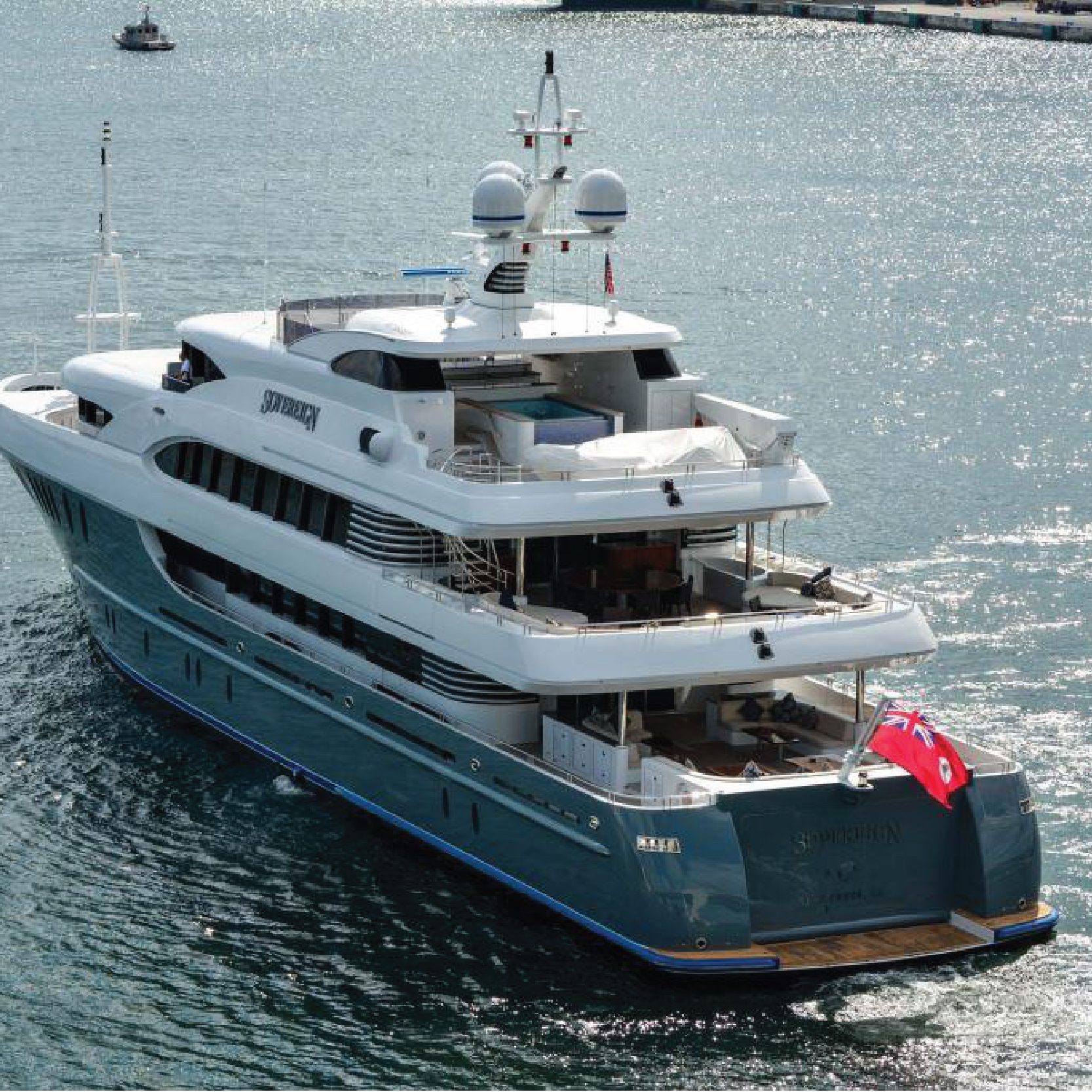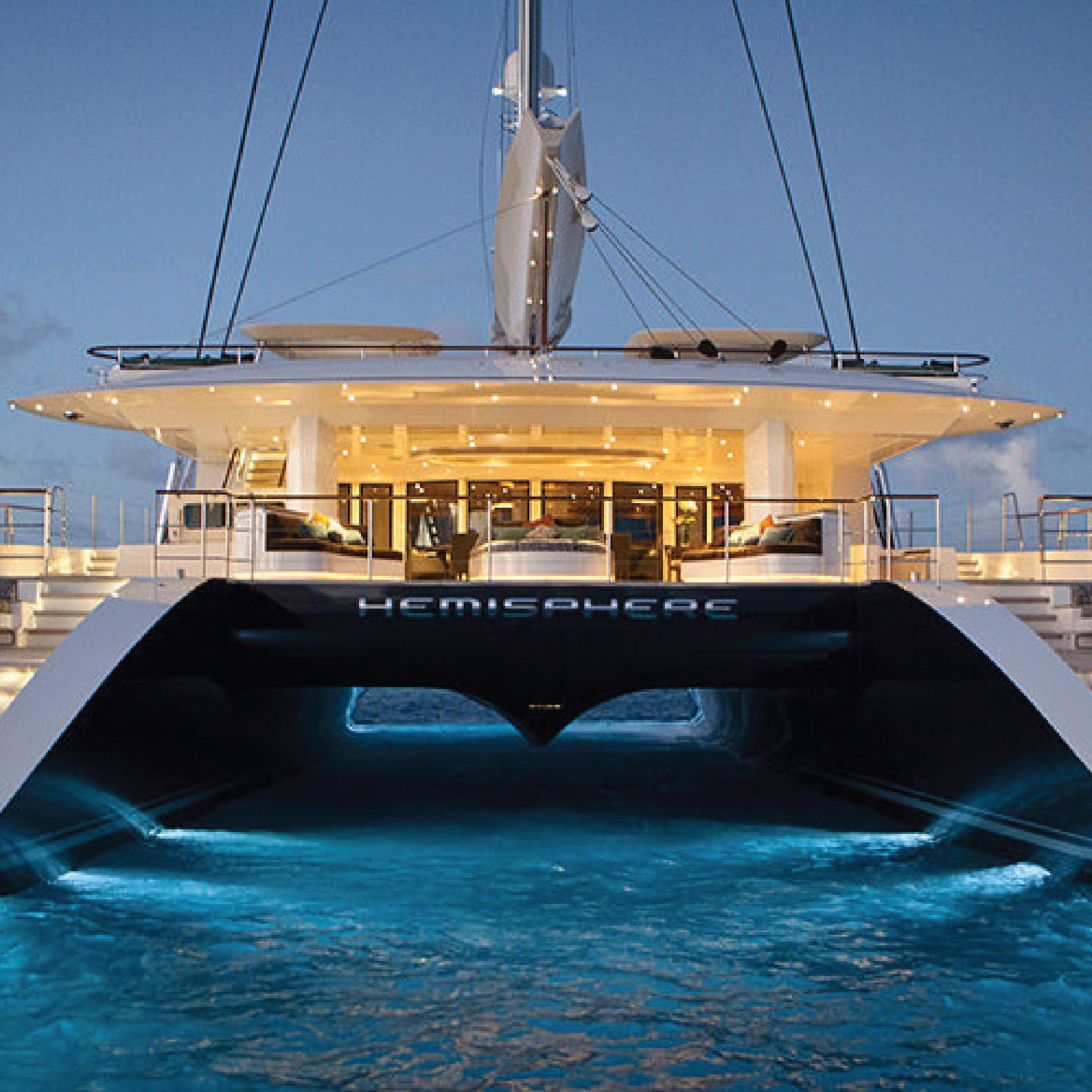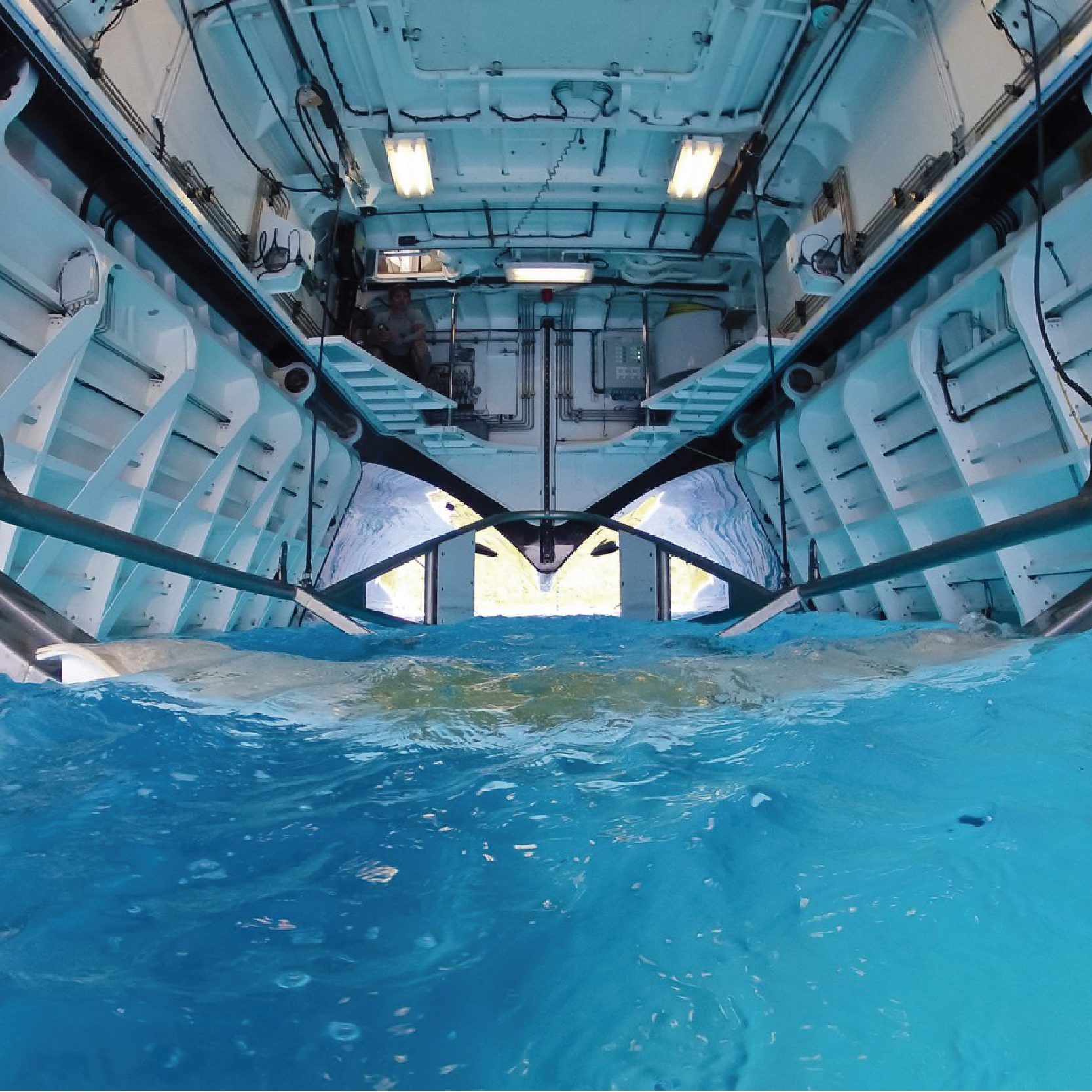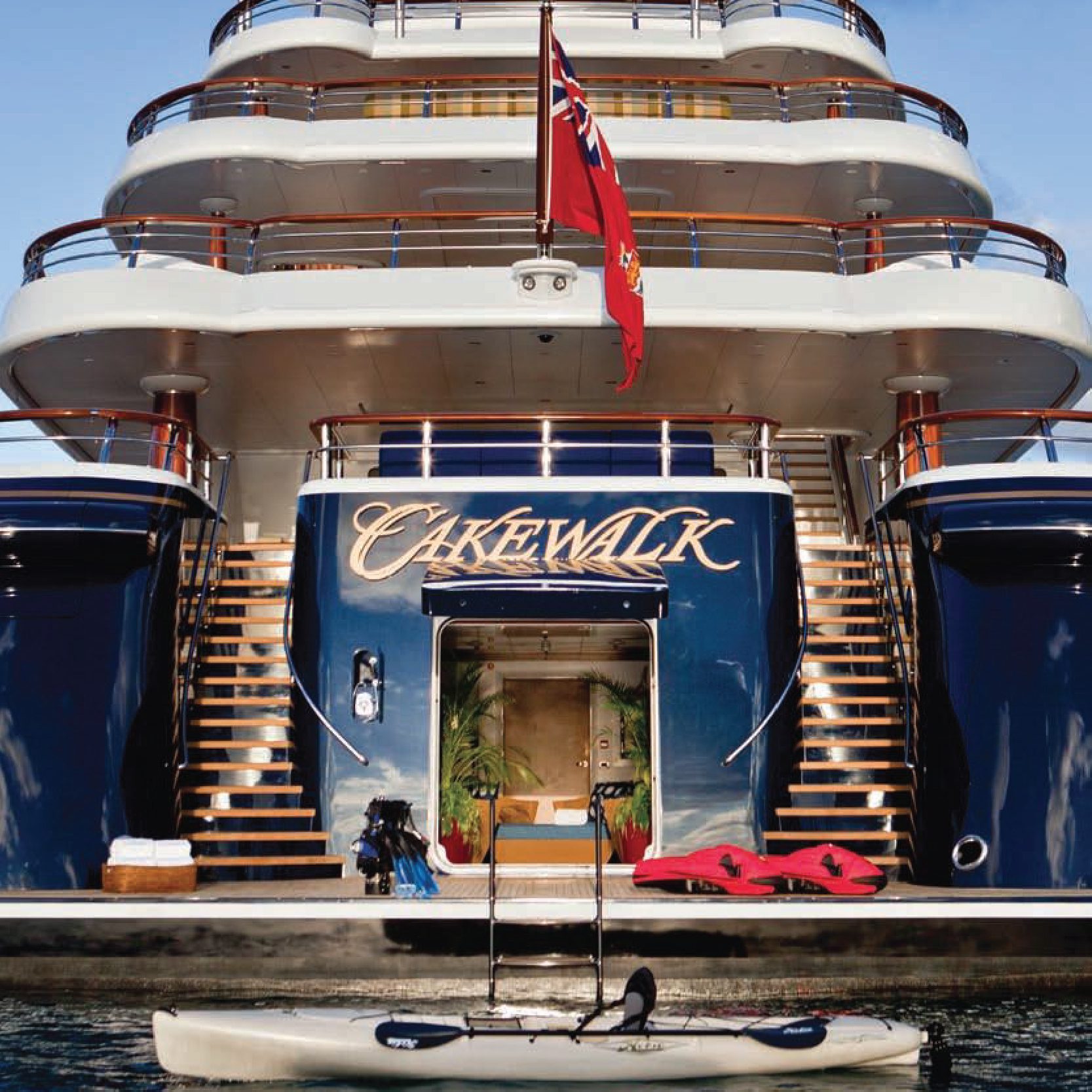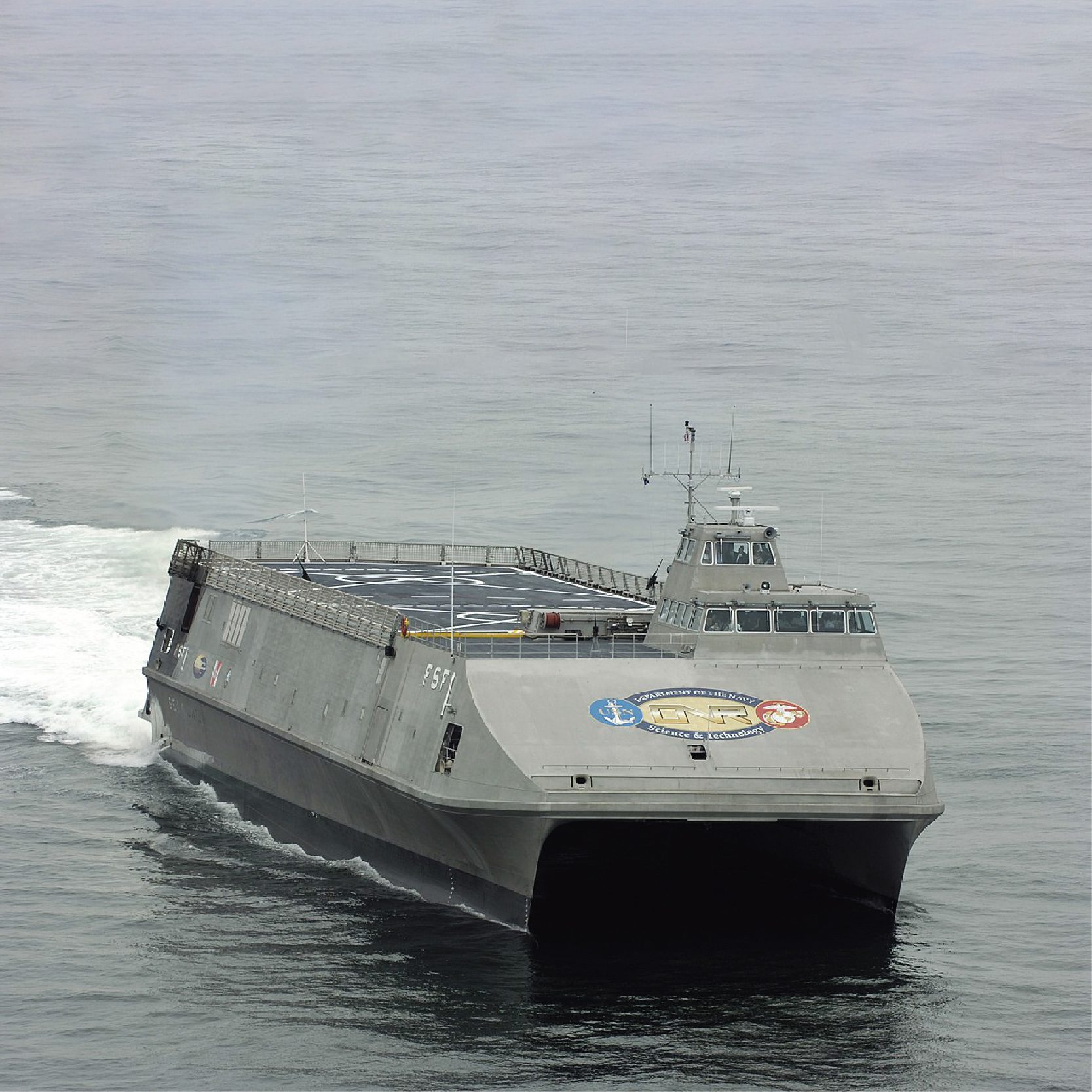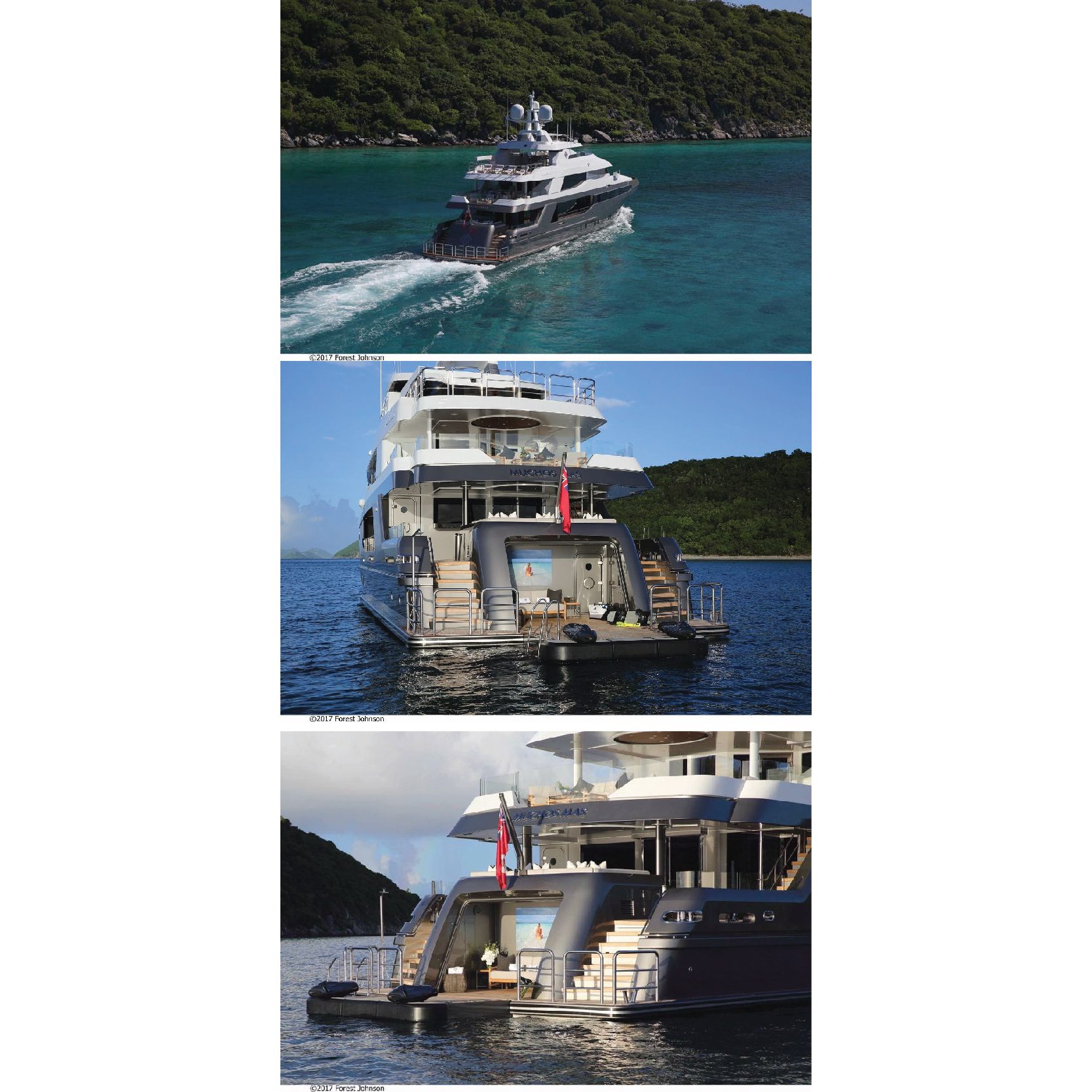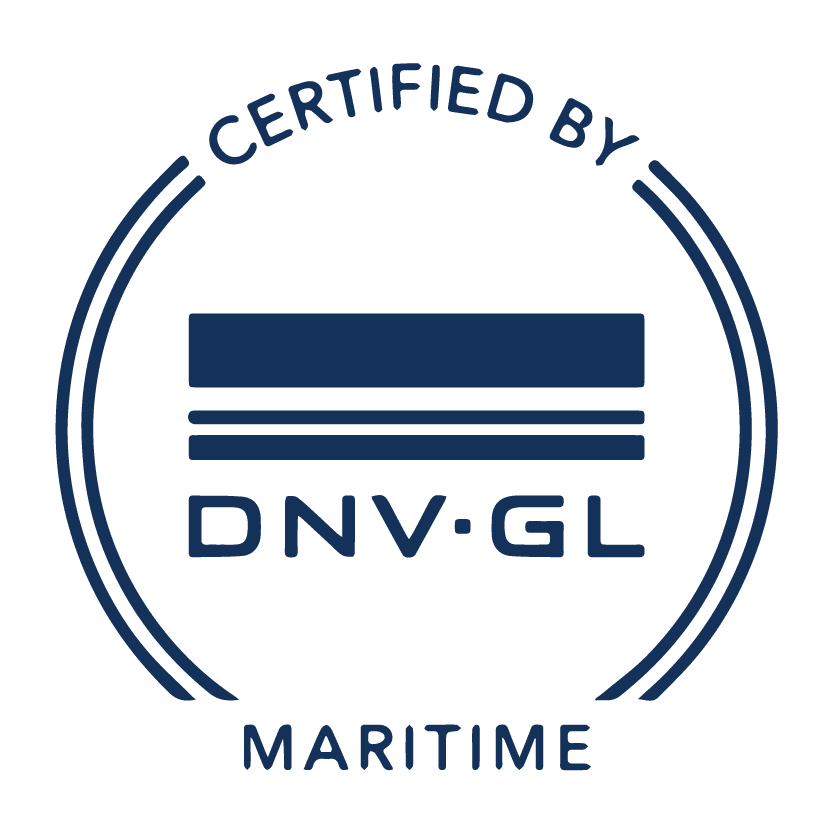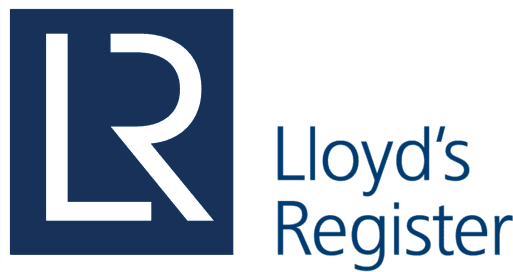Shell Doors
Your partner in pioneering advancements in marine access
With a legacy of excellence and a dedication to innovation, we redefine large custom doors as “Shell Doors.” From top-notch design to impeccable fabrication, Freeman Marine is your trusted source for a comprehensive range of Shell Door types designed to meet various vessel access needs.
Our Capabilities
Manufactured in the United States: Meeting Buy America, Jones Act & Buy American Requirements
We take pride in manufacturing all Shell Doors in the United States, aligning with Buy America, Jones Act, and Buy American regulations. Our commitment to quality and compliance underscores our dedication to supporting domestic industries.
In-House Design
Our commitment to excellence extends to every facet of Shell Door design. With in-house design and FEA capabilities, we ensure that each Shell Door meets the highest standards of structural integrity, safety, and performance.
Our Classifications
Welding Workshop Approval Certified by DNV-GL (WWA DNV-GL)
Guarantees high quality for all the important parts of ships, maritime installations, and their components, our DNV GL rules require that welding work be carried out by approved companies or workshops.
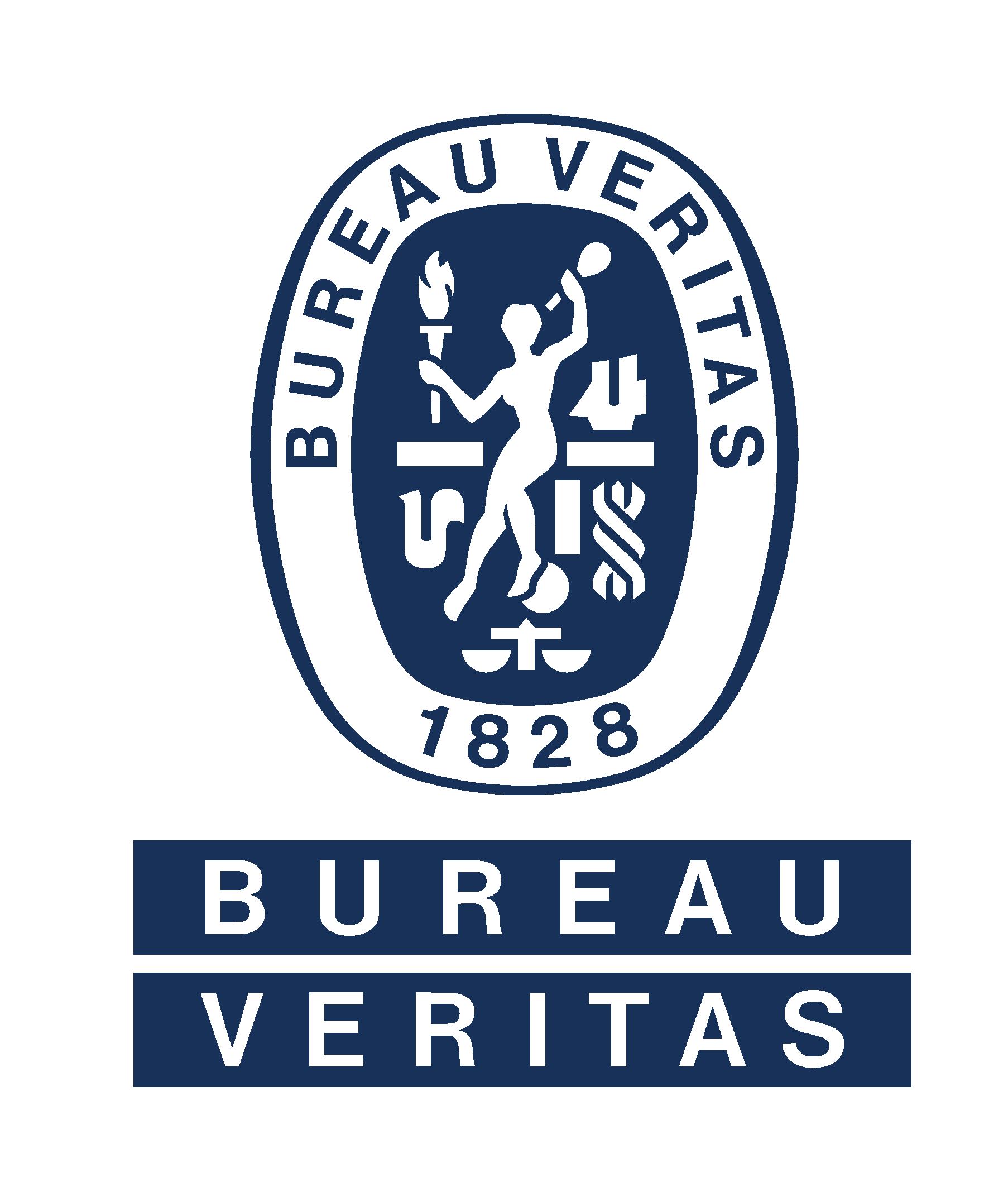 Bureau Veritas
Bureau Veritas
Offers certification services for all marine materials and equipment covered by classification rules.
Lloyd’s Register
Ensures the safety, reliability, and efficiency of bulk carriers in every major size category.
ABS (American Bureau of Shipping) certification Ensures that companies producing vessels, products, materials, or equipment for the marine industry meet a global standard to ensure the safety and quality of vessels out at sea.
Precision Fabrication
Freeman Marine’s reputation for precision fabrication is built on a foundation of skilled artisans who meticulously craft each Shell Door. Our skilled fabricators, utilizing overhead cranes for efficient material handling, ensure that every detail is perfect.
Control Systems
Our integrated control systems offer intuitive operation and plug-and-play installation. The electro-hydraulic systems give complete operational control with high load capabilities. Status signaling allows for bridge notification and security system integration.
Demonstrating a commitment to quality involves investing time, resources, and effort into ensuring that products meet the highest standards. QC inspections and FAT are performed throughout the fabrication cycle to ensure even details hidden by later fabrication are correct. Cycle testing every aspect of the control systems as a complete assembly and when fully installed on the shell door, ensures a seamless installation.
Contact Freeman Marine today to discover how our Shell Doors can enhance your vessel’s access points. Our legacy of excellence and dedication to innovation ensures that your vessel stands apart with top-tier Shell Door solutions.
Types of Shell Doors and Locations
-
- Day Doors (Optional addition): Freeman Marine’s Shell Day Doors offer swift access for crew and passengers. These doors are thoughtfully engineered to balance efficient entry with uncompromised structural integrity.
-
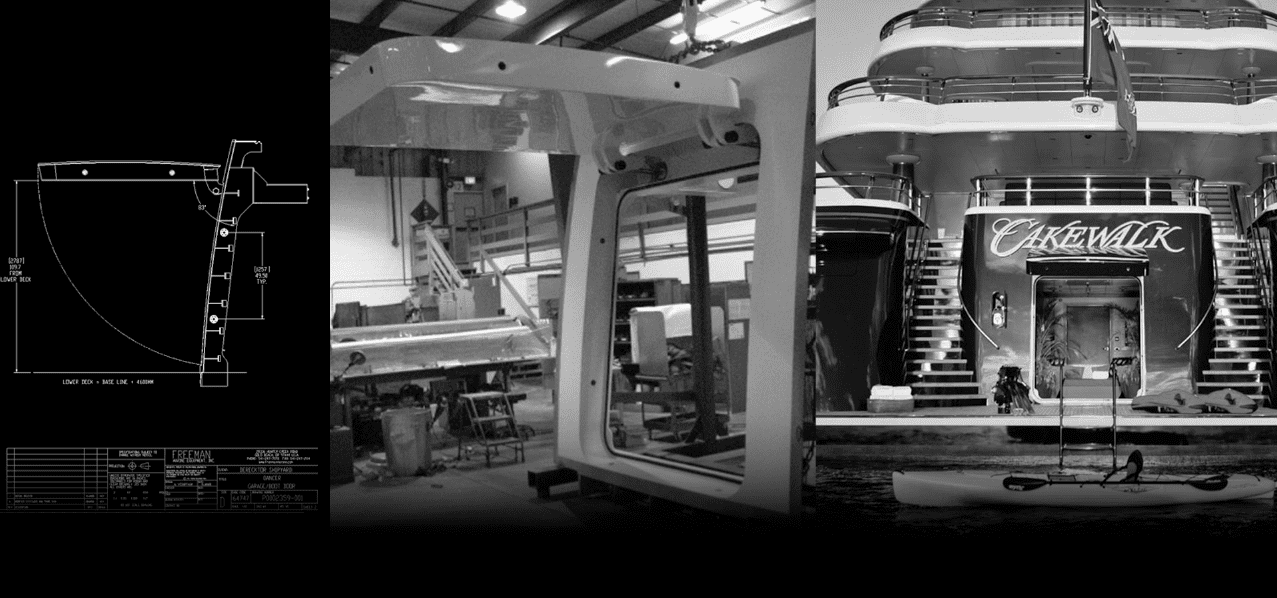
Our Shell Doors include transom doors with bottom hinges. This design ensures easy access to various areas of your vessel while maintaining exceptional watertight integrity.
- Day Doors (Optional addition): Freeman Marine’s Shell Day Doors offer swift access for crew and passengers. These doors are thoughtfully engineered to balance efficient entry with uncompromised structural integrity.
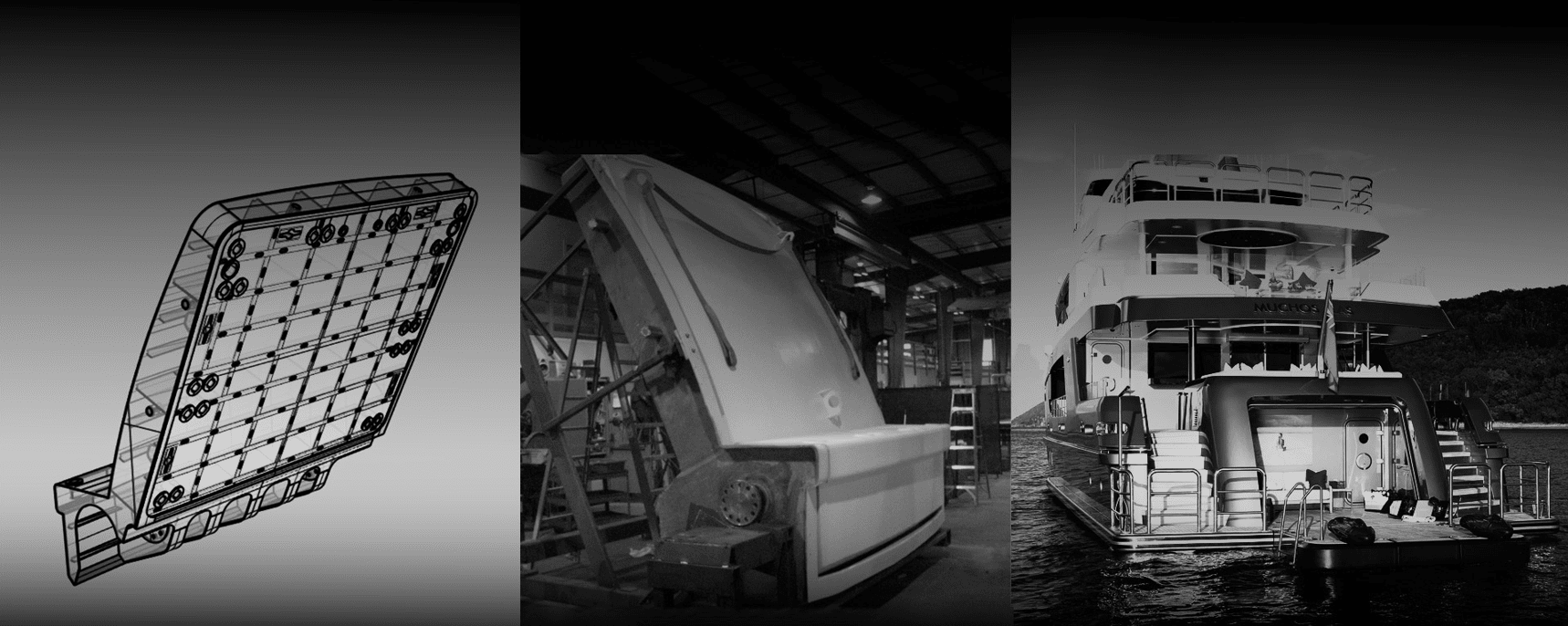
Enhance visibility for safer and more efficient anchoring and docking
These doors epitomize the Advantec Marine approach, meticulously crafted in collaboration with customers through co-engineering. This synergy results in bespoke solutions that redefine standards in terms of design, materials, and automation.
Positioned on both port and starboard sides, these platforms seamlessly integrate into the hull when closed. Our innovative bottom-hinged doors can be operated electrically or hydraulically, combining security with convenience. The incorporation of pin locks guarantees secure closure, effectively enhancing navigation safety by preventing unintended openings.
The stainless steel stanchions offer manual folding functionality, further reflecting our commitment to user-friendly design. Centralizing control, each mooring platform boasts a dedicated control panel, streamlining operational efficiency. At Advantec Marine, we engineer solutions that not only meet but exceed expectations, delivering unparalleled performance and safety.
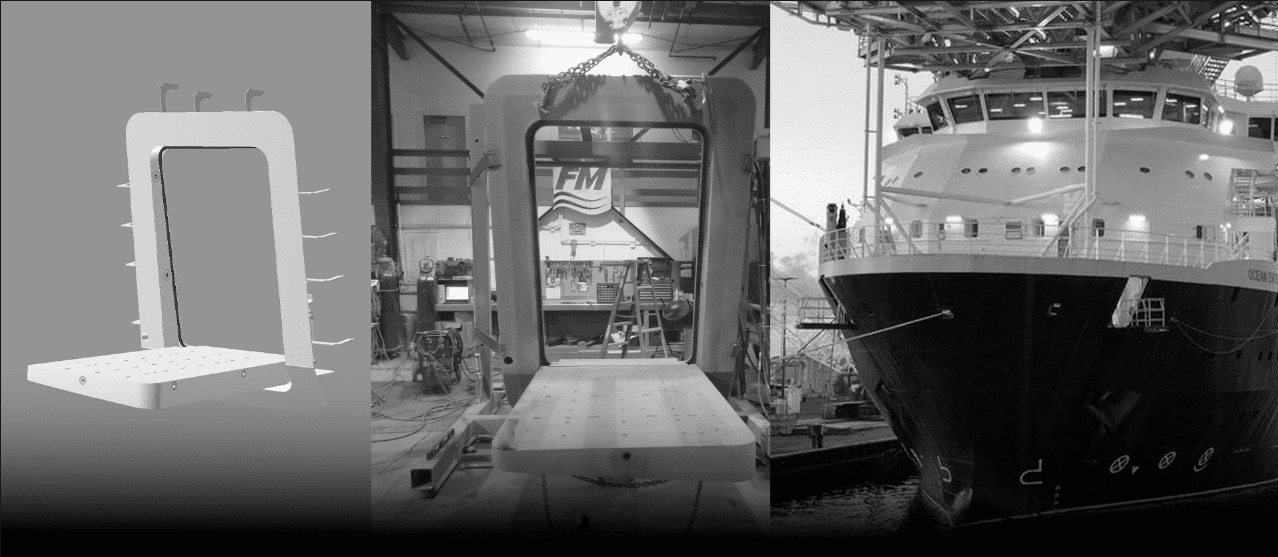
Our Provisionary Side Shell Doors are strategically positioned to optimize access for personnel and equipment. These doors are meticulously crafted to seamlessly integrate with your vessel’s design.
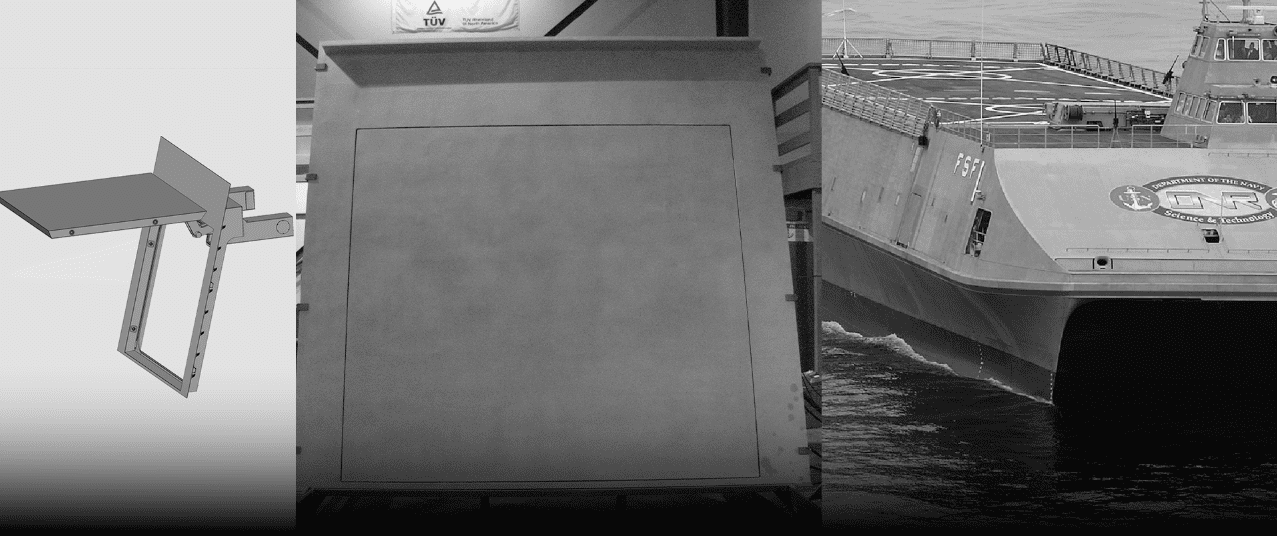
Freeman Marine Bespoke Shell Door, is a testament to precision tailored to exact customer specifications. Our commitment to exceeding expectations is evident as we blend design and innovation, pushing boundaries to create a door that reflects your unique requirements. Experience maritime excellence that not only meets but surpasses your vision, redefining boating possibilities.
